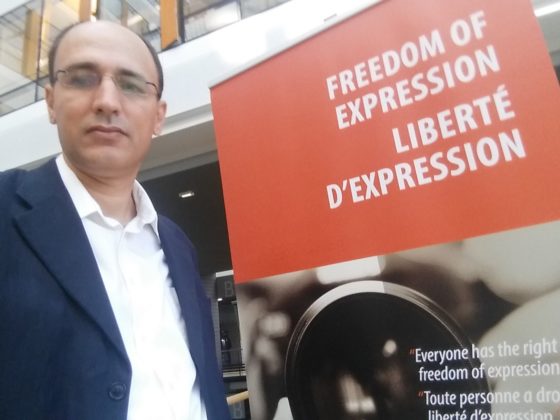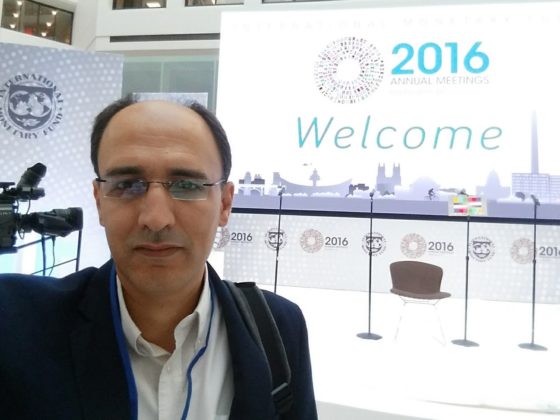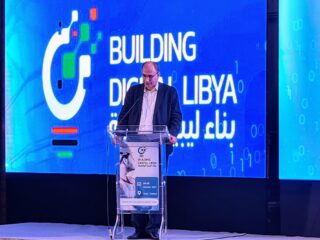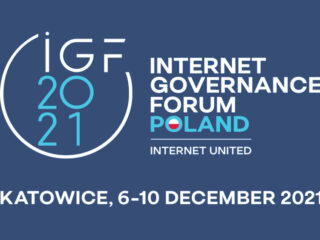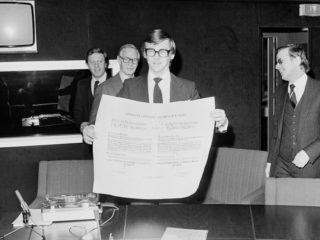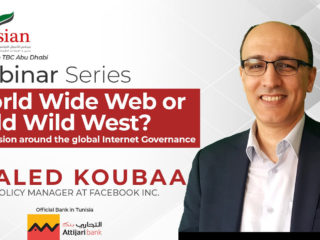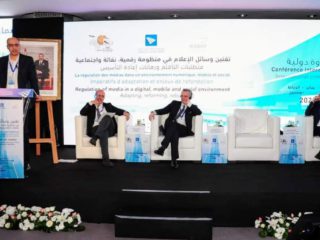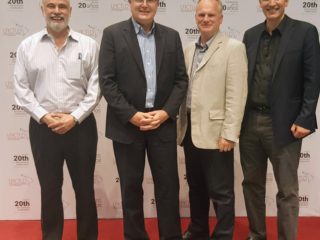In an old chateau called Chateau Klingenthal near Strasbourg, France, I participated at one of the Salzburg Global Seminar meetings on “Remaking the state – the impact of the digital revolution now and to come”.
Salzburg Global Seminar is an independent non-profit organization founded in 1947 to challenge current and future leaders to shape a better world 9-12 September 2016. It convenes outstanding talent across generations, cultures, and sectors to inspire new thinking and action, and to connect local innovators with global resources. We foster lasting networks and partnerships for creative, just and sustainable change.
Every great technological breakthrough in history has, in turn, transformed the state and its role in international relations, security, commerce and engagement with citizens. With much of the world having gone online during the last 20 years, what have been the major changes to the structure and powers of the state? What might be on the horizon for the coming decade? And what has not changed which Internet pioneers might have expected?
The purpose of the meeting will be to clarify the big picture and identify which lines of inquiry might be most fruitfully pursued in further collaborations and international exchanges.
- How have the Internet and its associated technologies – mobile, big data, Internet of Things – changed the roles and capacities of and relationships between citizens, corporations and the state?
- What has been the distinctive impact of the Internet as opposed to other structural shifts, eg through globalization, changes in global geopolitics, economic inequality and the 2007/8 global financial crisis?
- How far have instant global communications changed international relations? What is the future for traditional diplomacy? Are we doomed to a postmodern hall of mirrors of endless information war – what we used to call propaganda – now waged by state and non‐state actors?
- Is cyberwar truly novel, and what should we be doing about it? What kinds of international coordination or norm creation are needed to deal with issues like attribution and proportionate response? Do we need a START-type treaty for a new era?
- What are the effects of Internet technologies on politics, from lowering the barriers to political organization to the chilling effects of surveillance? What do social media and the emerging Internet of Things mean for communities, protest, polarisation and public discourse?
- How are our ‘imagined communities’, our identities as citizens, being transformed in a digital world? How will the ‘quantified self’ whose every thought and whim is monitored and marketed to ever find the space to think deeply, to create or to brush our future history against its grain?

